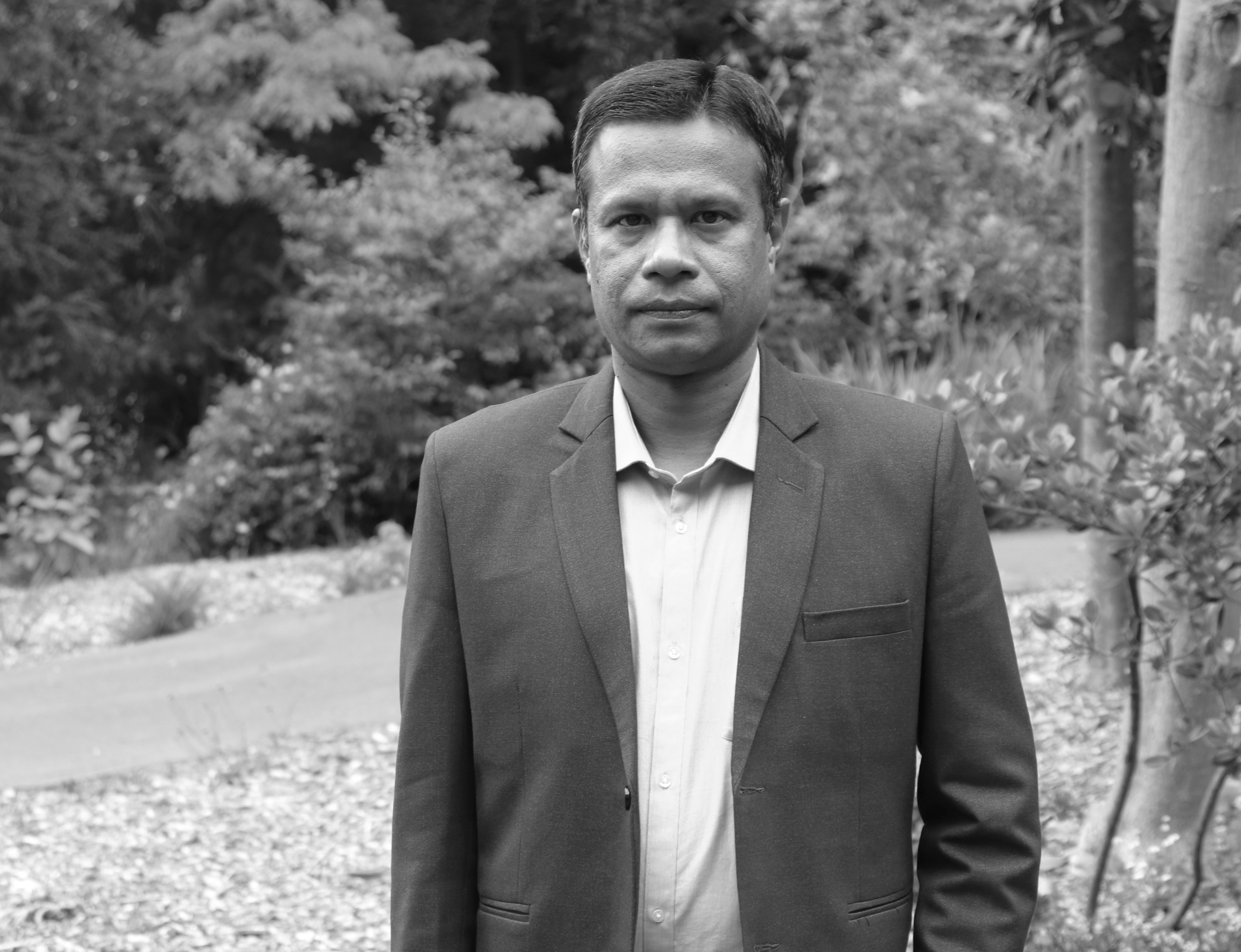
This study explores various health issues concerning the Rohingya people living in Bangladeshi camps. The Rohingyas, who fled sustained persecutions in Myanmar to many countries including neighbouring Bangladesh, have been identified by the United Nations as the largest stateless community in the world (Libresco, 2015; Gaffar, 2018; ENS, 2019; ISI, 2020; Khanna, 2020; Tan, 2020). They have neither citizenship rights in Myanmar nor refugee status in Bangladesh. In the Bangladeshi camps, while the local authorities and international agencies barely manage to provide minimum basic needs, the Rohingya people suffer from a lack of provisions for long-term needs, such as adequate healthcare services.
To explore their health issues, the localised experiences of the Rohingya refugees will be taken into account so as to identify the current health policy approaches and interventions addressing their health needs. It is assumed that the construction of the Rohingya health needs is top-down and predetermined by the local authorities and aid agencies in the Rohingya camps of Bangladesh. As an alternative, in this research the adoption of the culture-centered approach (Dutta, 2008) will be utilized to better understand and construct the Rohingya health needs through dialogical exchanges between the researcher and the Rohingya refugees.
For the Rohingyas, who are one of the most marginalized communities in the world, the Culture-centered Approach (CCA) to health services would be highly beneficial. The CCA works through organizing the role of communities at the “margins of the margins” of the globe (Dutta et al. 2020). Rohingyas are the community of having no rights or even they do not have the right to have rights. Thus, the Rohingyas are indeed the community of “margins of the margins” (Dutta et al. 2020). As the Culture-centered Approach (CCA) is anchored in working with the voices of the “margins of the margins,” this approach would be adopted in this PhD study to understand and appreciate the issues of healthcare needs of the Rohingya refugee communities living in various camps of Cox’s Bazar, Bangladesh.
